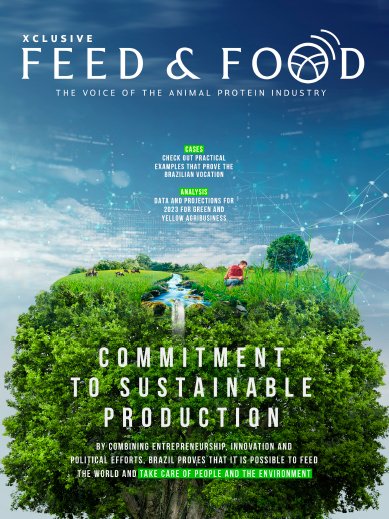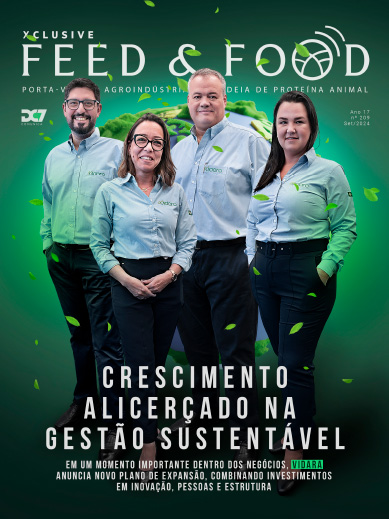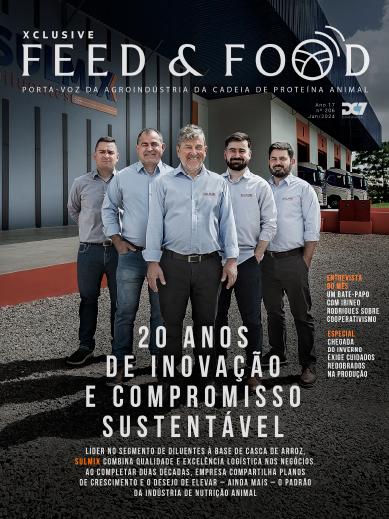World leader in grain harvesting and responsible for feeding one in every five meals served to the world’s population, Brazil is one of a few countries in the world able to increase capacity and produce even more food to meet the global demand in the next few decades.
The Food and Agriculture Organization (FAO) recognizes that and notes that Brazil is a food supplier, estimating that by 2050 Brazil will likely be responsible for 40% of the increased productivity around the world.
Increased productivity is not optional, and the Brazilian agriculture and livestock industry is well aware of that.
In Brazil the adoption of new technologies, processes, and management keeps increasing to enhance productivity without compromising quality, animal welfare, and sustainability. All of this increases profitability of the sector.
2022 is a good example. Although engulfed in challenges, internal and foreign, the Brazilian agribusiness performed very well.
According to data from the Confederation of Agriculture and Livestock of Brazil (CNA), the year closed with a 2.2% gross increase in production, compared to 2021, reaching R$ 1,3 trillion.
In 2023 the figures are expected to grow even further. CNA’s projections estimate that the sector will grow up to 2.5%, compared to 2022.
Aware of the facts and using scientific evidence, Brazilian producers understand that productivity and preservation go hand-in-hand. This is a requirement for sustainability.
The election of a new president, Luiz Inácio Lula da Silva, re-positions Brazil as leader also in the environmental agenda. During the COP27, Lula reinforced his support for a regenerative and sustainable agricultural portfolio, through investments in science, technology, and in-the-field training.
“We are going to convert the 30 million hectares of degraded land into agricultural land, so we won’t have to log a single additional meter to continue to be one of the world’s largest food producers,” he stated.
To that end, the present government promises to strengthen the sustainability of livestock production through more affordable agricultural credit lines for rural producers who adopt green technologies. In addition, the new government is expected to invest in the recovery of degraded pastures to convert them into productive areas for either livestock or grain production.
Aware of the possibilities and responsibility entrusted, to it Brazilian agribusiness marches toward feeding the world. Check out in the following pages the stories and data that support and motivate this optimism for the future.















